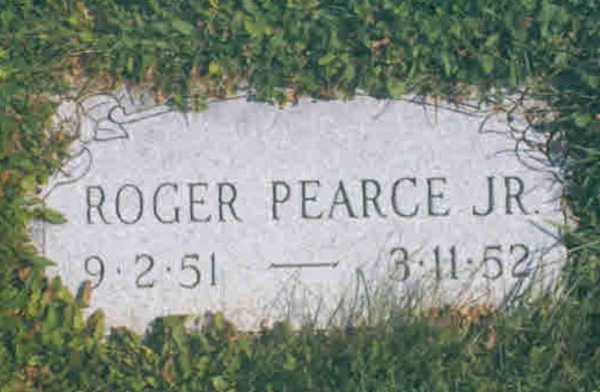Firm's job contract doesn't require arbitration of ex-associate's suit, appeals court says
A former associate has won a round in a disability discrimination case she filed two years ago against Bingham McCutchen.
The law firm had sought to arbitrate a California complaint by Hartwell Harris that the firm didn’t do enough to accommodate her unusual sleep disorder, But a trial-level judge ruled and a state appeals court agreed that Bingham McCutchen is prevented from taking the case to arbitration because of to the terms of its own employment contract, the Metropolitan News-Enterprise reports.
The contract provides that Massachusetts law (Bingham McCutchen is a descendant of Bingham, Dana & Gould, founded in Boston) applies to such disputes. However, a 2009 ruling by the Supreme Judicial Court of Massachusetts made clear that an employee can limit or waive his or her rights under the Commonwealth’s anti-discrimination law “only if such an agreement is stated in clear and unmistakable terms.” That didn’t happen in Harris’ case, so a Los Angeles Superior Court correctly denied the firm’s motion to compel arbitration, explained the the state Court of Appeal, Division 5.
“In the present case, the stronger party attacks its own choice-of-law provision, and makes no claim that plaintiff used improper means or that the contract is unconscionable,” the appellate panel wrote in its opinion. “Indeed, defendants make no argument against the choice-of-law provision, except as to the arbitrability issue. They also contend that the employment agreement is not unconscionable.”
Bingham had argued that the Massachusetts law on arbitration waivers didn’t apply to decide whether to arbitrate the Harris suit, since it was brought under California anti-discrimination law. However, the appellate panel said the nature of the case, seeking to enforce a discrimination claim, was critical for determining the waiver standards that applied under Massachusetts law, regardless of whether that discrimination claim was made under California or Massachusetts law.
See also:
ABAJournal.com: “Suit by Ex-Bingham Associate Claims She Was Fired Because of a Rare Sleep Disorder”



